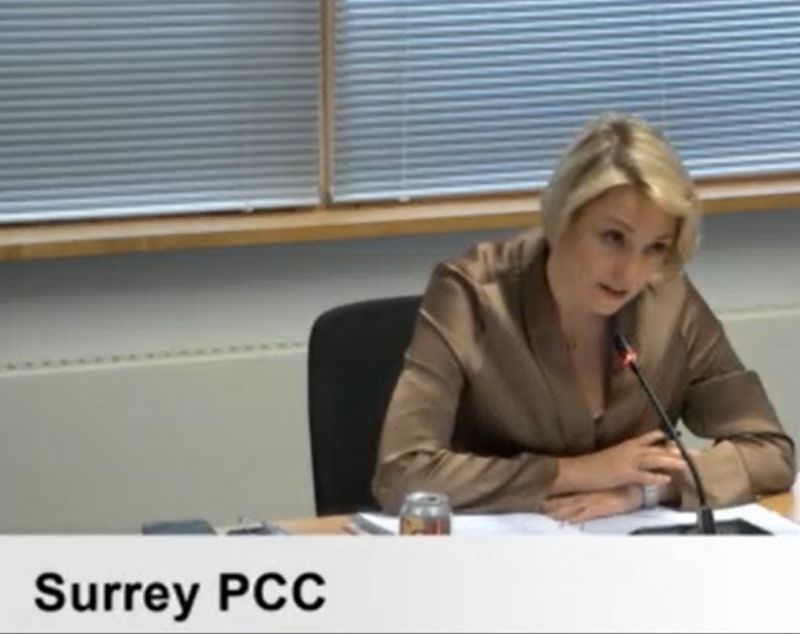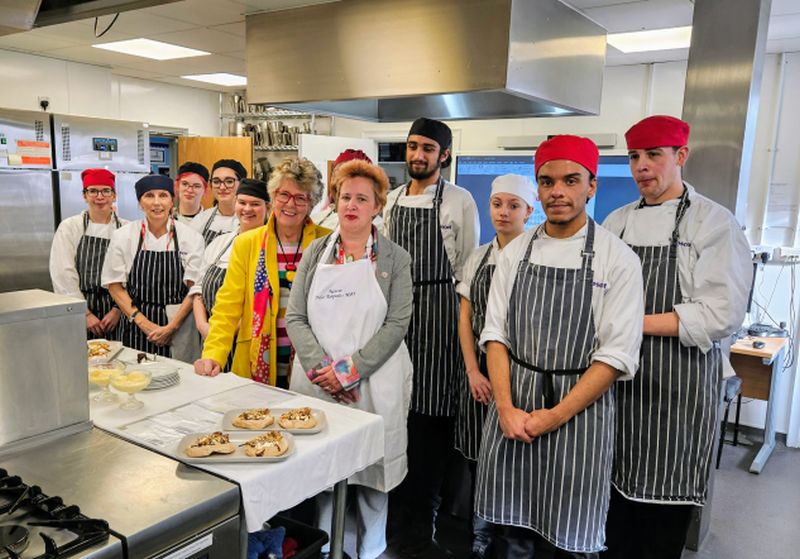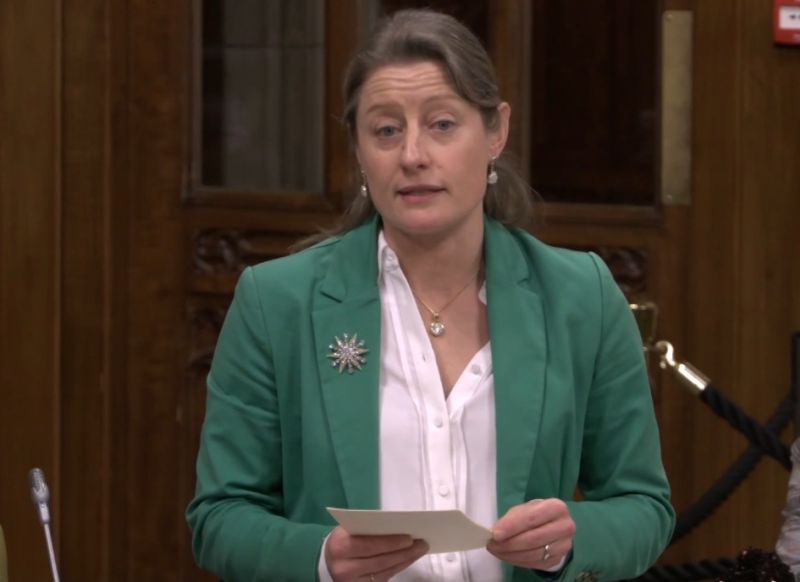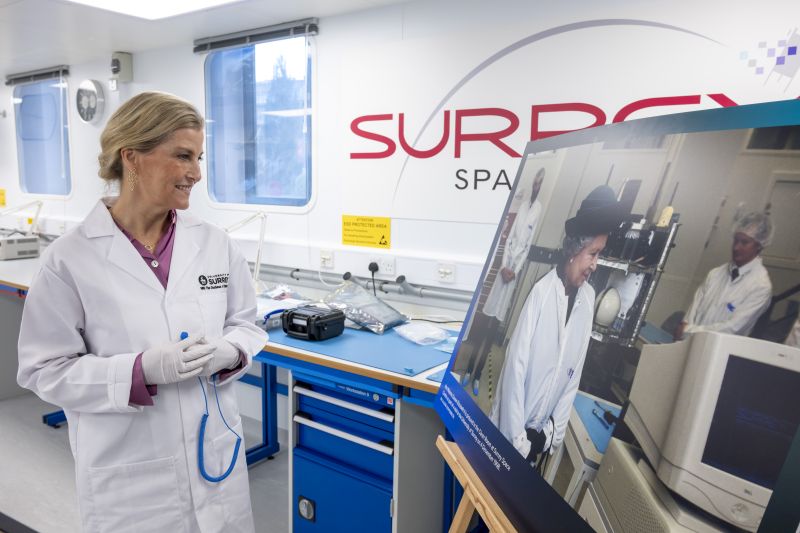Surrey MPs slam SEND profiteers
A new analysis of Surrey’s special educational needs and disabilities (SEND) provision reveals growing concern over spiralling costs, limited local authority capacity, and soaring profits among private providers – all while many children with special needs remain without adequate support.
The situation has drawn particular attention following the release of financial data from companies operating independent special schools across the UK, including in Surrey. The Witherslack Group, which operates Bramley Hill School in Tadworth, reported a turnover of £208 million and an operating profit of £44.6 million this year – up from £172.8 million turnover and £34.8 million profit the year before. Some private providers, backed by private equity firms, have posted profit margins exceeding 20%.
In contrast, Surrey County Council – responsible for delivering education for over 16,000 children in the county with Education, Health and Care Plans (EHCPs) – faces an ongoing struggle to balance growing demand against limited state sector capacity. The Council’s own figures show that last year, it spent £122 million—almost half of its £270 million high needs block grant—on placements at non-maintained and independent schools.
The root of the issue lies in a long-standing shortage of suitable local authority-run SEND schools, which has left the Council heavily reliant on private sector provision. That reliance has come at a cost, both financial and human. According to Council data, 1,809 children in Surrey were recorded as being out of school for over a third of the time during the 2023/24 academic year. Campaigners and parents report delays in assessments, a lack of transparency in placement decisions, and limited accountability from some providers.
The County Council has committed to increasing in-county SEND provision. Its SEND Capital Programme, launched in 2020, aims to create 1,500 new maintained school places by 2030, with hundreds already in development. But critics argue progress is too slow, and that excessive profits among private providers are draining funds that could otherwise support local services.
Surrey’s six Liberal Democrat MPs – Al Pinkerton, Chris Coghlan, Helen Maguire, Monica Harding, Will Forster, and Zöe Franklin – have now called for a legal cap on profits made by private SEND providers. They propose a maximum margin of 8%, aligning with figures cited by the Office for National Statistics for average business profitability. The same threshold has also been suggested by the Education Secretary in the context of children’s social care reform.
In a joint statement, the MPs said:
“It is completely unacceptable that the top private SEND providers in Surrey are lining their pockets by exploiting a system that has been left in crisis by repeated failures from the Conservatives. Supporting places at non-maintained independent schools accounted for £122 million last year – money that could go further in public provision.”
“We are deeply concerned to see this greedy profiteering from private equity firms, especially when parents across Surrey are raising serious concerns about standards and support at some schools, including Bramley Hill.”
Surrey County Council has not commented directly on the profit figures but continues to highlight its strategic commitment to invest in new local SEND places. Its latest SEND Partnership Strategy focuses on co-producing services with families, improving timely access to support, and reducing reliance on high-cost placements. However, significant financial risks remain. In February, the Council acknowledged its high needs block deficit was continuing to grow, even with Government intervention schemes such as the “Safety Valve” programme.
Meanwhile, media scrutiny continues to follow the role of private companies in special education nationally. The BBC recently investigated complaints involving private SEND schools, and MPs including Monica Harding have raised questions in Parliament about accountability and off-rolling practices.
Parents and campaigners across Surrey continue to call for stronger regulation, more timely provision, and long-term investment in inclusive education. As one parent told EET: “We need a system that puts children first – not shareholders.”
Image: cc Bruce Matsunaga. Licence details




















